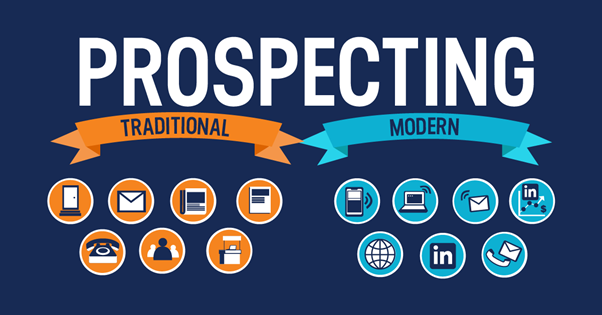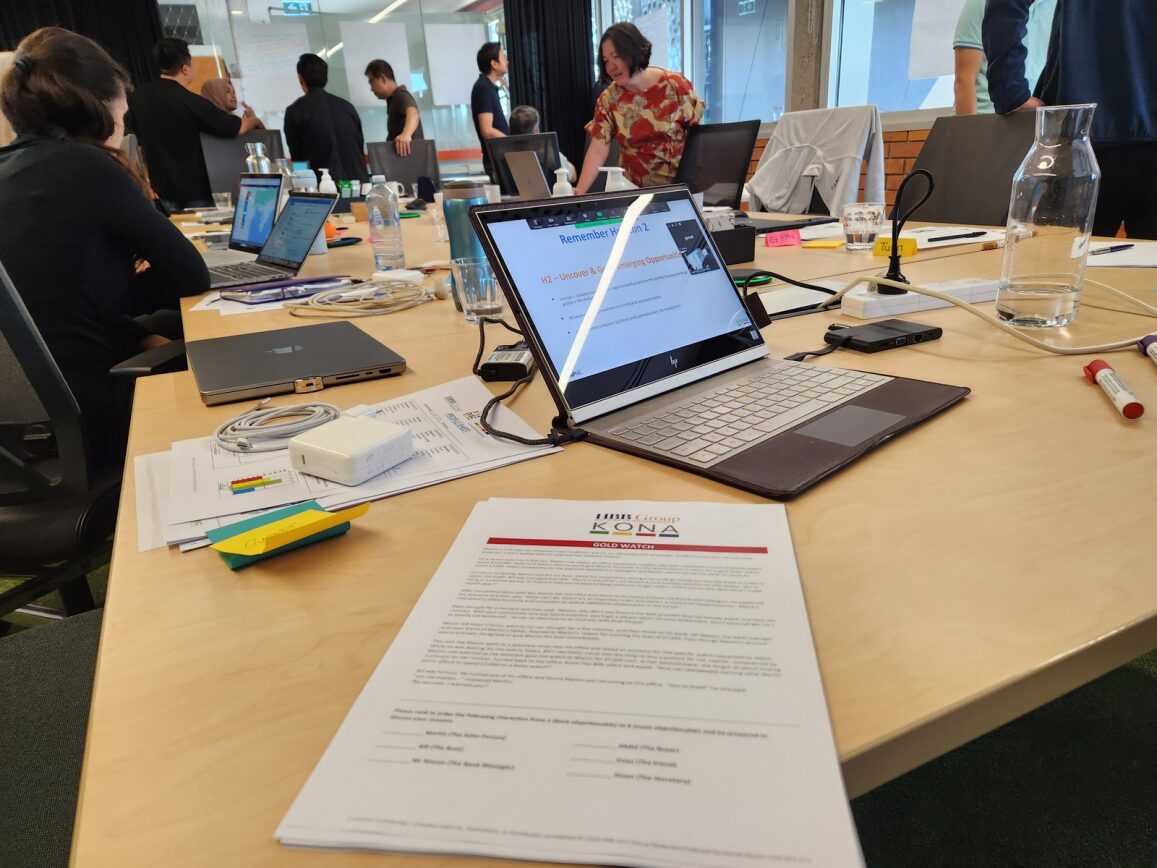Sales Prospecting for Lead Generation
Sales prospecting is the process of searching for potential customers and making contact with those who “qualify” to purchase your product or service. Prospecting lays the foundation for the whole sales process as it is the first step of the customer journey.
Lead Contact Ratio
The chances of getting hold of a lead increases 100 times if they are contacted on the date and time with highest response rates since most recipients are active at night.
Multiple contacts and Social Media Dependency
• Only 2% of sales are made on the first contact
• 3% of sales are made on the second contact
• 5% of sales are made on the third contact; and
• 10% of sales are made on the fourth contact.
Also, 48% of online users rely on social media presence whenever they decide to purchase a product. So, it’s best to reach out to prospects in various ways to get higher contact ratio and eventually close a sale.

Delayed buying response
Patience is a key to becoming successful in sales. Why? Around 63% of prospect who requested for information are going to buy for your products or services for the next 3 months. Others might take up to a year or two to actually purchase something.
“55% of B2B buyers search for products or vendors on social media because of word of mouth or referrals “ – Meltwater
Prospecting Techniques
There are many prospecting techniques that can be used. These techniques range from researching prospective leads online to cold calling and everything in between.
The choice of technique can depend on the salesperson’s strengths and circumstances. Although, typically the most effective tactics are adapted over time with practice and the right training.

Prospecting in 2024 – 10 effective techniques
Let’s take a look at some prospecting techniques that we think will be most effective in 2024. Keep in mind however, that prospecting in sales is different for everyone, so don’t hesitate to try different things and see what works best for you.
1. Create Buyer-Personas
In sales, it’s important to understand your ideal target customer. By creating Customer Profiles or Buyer Personas, you can increase your chances of prospecting to the right audience and ultimately closing more deals.
This process typically involves:
- Researching demographics
- Considering behavioural characteristics of your target audience
- Narrowing down the details
- Using your buyer personas in your marketing
2. Do your Research
This step of the prospecting process involves getting a detailed understanding of your potential leads.
This specific information can make your pitch more effective and personal, which will help to make you stand out from the crowd amongst a number of generic pitches.
Research will help you to understand:
- Who is and is not buying your product or service
- What motivates your customers
- Whether or not they are loyal to your brand

3. Utilise Social Media
Social media is becoming an increasingly powerful tool when it comes to sales.
Social media allows you to engage with customers, as well as seeing what people are saying about your business.
Social media is great for advertising and running promotions.
Using social media effectively can help your business in many ways. To name a few:
- Attracting new customers
- Getting your brand image out there
- Gives customers an avenue for providing feedback and reviewing your product or service
Social platforms such as Facebook, and LinkedIn help you gain access to numerous potential leads, and allow your advertising to reach further than other marketing avenues. This makes it easier to connect with prospects in a personal and engaging way.
4. Warm Calling
Unlike a Cold Call, Warm Calls are when you reach out to prospects who already know of your business in some way.
Whilst Cold Calling is still a valuable prospecting technique, Cold Calls usually work best when used in conjunction with other strategies.
When prospects already have an idea of what you have to offer, Warm Calls are more likely to lead to successful sales deals.
5. Personalise your approach
No matter your preferred prospecting technique, having a personalised message immediately assists in building strong relationships and beginning the emotional contract with your customer.
Email remains a powerful sales prospecting strategy. And luckily enough for salespeople, in today’s digital world, it is easier than ever to personalise emails going out to your database.

6. The Power of LinkedIn
Social media is quickly becoming the key to social-selling.
LinkedIn allows you to build your brand profile and establish a reputation with your customers as a trusted expert in your field. And as an effective lead generation platform, LinkedIn is the ideal place to connect with potential customers and build relationships.
7. Using Data and Analytics
Leveraging sales data and analytics is an important prospecting technique as it helps in making decisions, prioritising and measuring the results of sales tactics.
Sales and marketing data can give you insight into:
- Customer trends
- Patterns
- The needs of your customers
Use data to your advantage to enhance your prospecting efforts.
8. Word-of-mouth Referrals
Referrals open you up to new opportunities when it comes to prospecting.
Did you know that studies have shown an average of 13% of all sales are due to word-of-mouth referrals.
Establishing trust and strong relationships with your customers can give you the opportunity to ask them for referrals, and reach potential leads outside of your network.
9. The importance of Planning
Proper planning and preparation before prospecting allows you to establish your goals and strategies.
This means you will have clarity on how you can achieve your goals and what steps you need to take.
Planning helps your sales team to:
- Recognise their target audience
- Establish a business strategy
- Make prospecting efforts more effective
- Ensure communication is professional and organised
10. Offer Incentives
Offering incentives can be a great way to increase your chances of making a sale.
Some examples of incentives include:
- No-obligation consultations
- Limited time discounts and offers
- Exclusive access to new products or services
The main goal for most businesses is to boost revenue. By offering customers incentives, you can encourage them to buy, leading to increased sales and revenue.
By trying out these techniques in the new year, your sales team can boost their efforts and optimise their sales strategy. Remember, sales prospecting is different for everyone, so don’t forget to try new things and find out which techniques work best for you.
Contact KONA to kick start the new year for your sales team and have a strong start to 2024!
Call 1300 611 288 or Email info@kona.com.au


















































































































